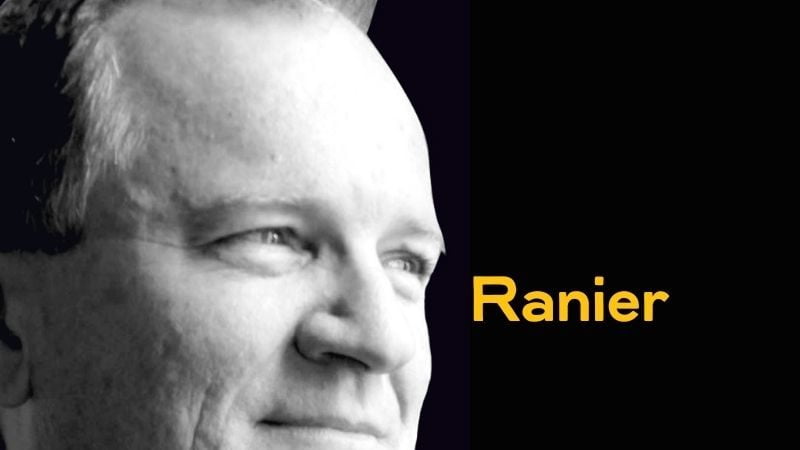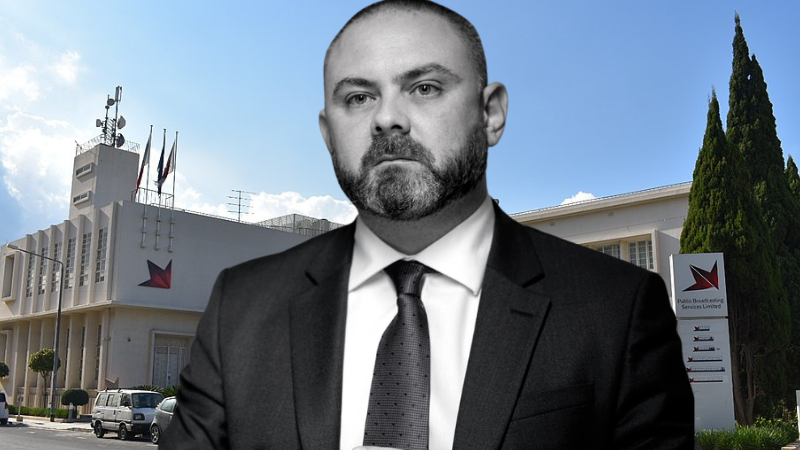It was Aristotle who observed that the rich pay cheap for their goods, while the poor pay dear. But what did Aristotle know? He was living in a city-state whose economy was based on slaves and foreigners with few political rights. Malta, on the other hand, is progressive and champions equality and quality of life for all.
At least, back in the beginning of summer, Robert Abela was at pains to dispel a widespread suspicion about his government and its predecessor: that it measures progress by the speed at which it destroys the conditions that sustain the quality of life for the less well-off.
He told Labour’s general conference that his government now champions quality of life and the environment. Perhaps someone will ask him to explain how that’s compatible with the Marsascala marina project.
Quality of life? The project will expel many people from their swimming spots. Consequently, it will crowd the remaining ones. Dirt and noise will increase, enjoyment decrease.
An entire set of landscapes (yes, not one but several) and the customs and pleasures that go with them will be destroyed. Small-time fishing in the bay, the fish market. The views from family verandas and bayside cafes. Promenades and meeting spots.
The environment? The project involves deep dredging. What are now commons will effectively be privatised. Lower-quality beaches will make private pools more tempting. As well as paid membership of privately administered beaches.
The project does not just affect the swimming spots that will disappear. It will have a cascading effect on the locality and beyond.
Ian Borg, the konkoscrat responsible, tried to justify the project but only revealed a way of thinking that is callous in its assumptions and consequences.
More Maltese are acquiring pleasure boats, he said. We can’t exactly stop registering boats. We can’t have them stored on land — that would be terrible for the environment. The only remaining option is to develop new marinas.
And, according to the 2006 local plans (meaning drawn up under a Nationalist government), only Xemxija and Marsascala are suitable for new marinas.
Plans drawn up 15 years ago, in a completely different economic and ecological world, are suddenly paid attention by a government that has never shown any qualms about ignoring plans and zoning provisions. Saying a place is suitable, in 2006, is different from recommending a project in 2021.
Borg takes it as obvious that the needs of pleasure boat owners must be met. The needs of the affluent are prioritised by default over the less affluent. They don’t have to be. The price of a pleasure boat could include the price of securing a scarce berth. Having a boat could become more expensive to reflect the pressure on the environment.
But no, the affluent get to have their leisure subsidised by public funds — the building of infrastructure and its upkeep. The people who are pushed off public beaches and towards private ones, or who just adjust to more crowded, dirtier beaches — they pay personally.
The rich buy cheap, the poor pay dear. The poor are pushed off the commons so that they can become private playgrounds for the rich. The poor give up their many pleasures so the well-off can have somewhere to berth their boat while they get a drink.
Such reasoning can be used to justify any casual private takeover of the commons. Here it’s applied to a marina but, if the thinking is accepted, then nowhere is safe. Actually, that’s already true — as a wide spectrum of Maltese, from farmers to Pembroke residents, can testify.
There is one argument that hasn’t been used yet, although it may be just round the corner: “Such projects are necessary to get the economy revving again and bring down the deficit. Anyone who’s against such projects is in favour of burdening our children with higher taxes to pay off that deficit.”
The deficit, it was reported this week, is now projected to be 12% of GDP, twice what was estimated last year. It’s one of the highest in the EU, although the aim is to get it to fall under 6% next year.
Being against the marina — this argument goes — is being against greater economic activity in the town, its gentrification and progress.
This argument merely sugarcoats the takeover — the squeezing out of people whose only fault is that they are capable of enjoying life without spending as much money as the government would like them to. The argument says nothing about sustainable development or quality of life for everyone.
If this argument is made, remember that the people making it are the same ones who know so much about the economy that they underestimated the costs of reputational damage.
They told us that that rapid population growth, by importing foreign labour, was essential, but then did little to invest in the necessary infrastructure, also essential for any thriving economy.
The same people are now hampering the expansion of private industry with their electoral patronage — attracting labour away from the private sector with the promise of non-productive government jobs and, wouldn’t you know, without consideration for the impact on the deficit.
The proper name for the plunder and privatisation of the commons isn’t sustainable development or progress. It’s empire.













‘ The price of a pleasure boat could include the price of securing a scarce berth. ‘
a berth would be available for bully bobby’s yacht berthing at Marsascala. NO ?
“The Tragedy of the Commons” – it’s what the Labour Cult has always been about. And the labour trolls will keep repeating the government’s reasoning until everyone believes it or is too tired to keep up the pressure. Once again, shame on Labour and its capitalist criminal corrupt crowd.